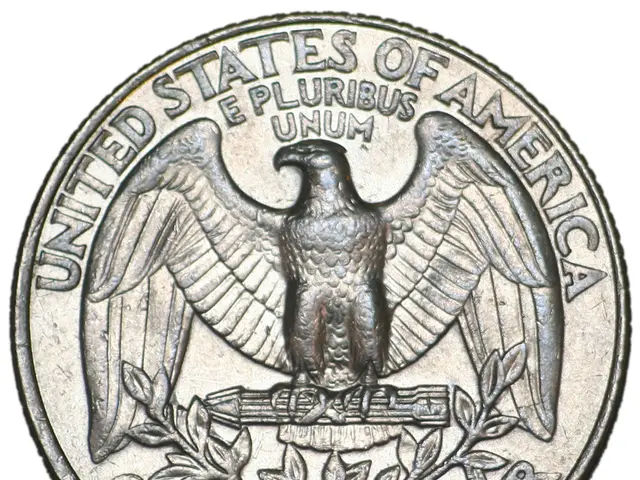Stocks in Tokyo experience a decline in the early trading session due to profit-taking activities
Tokyo stocks experienced a downturn on August 14, 2020, as the Nikkei average retreated from the historical high it had reached the previous day. This pullback was due to profit-taking after the rally rather than a specific new negative event on that day.
The Nikkei 225 finished the morning at 42,178.59, a decrease of 1.26%, while the TOPIX index closed at 3,060.04, a decrease of 1.03%. The Nikkei had posted a record closing high on Tuesday and Wednesday.
The market correction was influenced by softer sentiment in global tech stocks, impacting markets worldwide amid broader concerns about tariffs and economic growth slowing. The U.S. tech sector had a sell-off that weighed on Asian markets, and SoftBank shares notably declined sharply, contributing to pressure on Japan's exchanges.
Moreover, softer inflation data in Japan suggested the possibility of tighter monetary policy sooner than expected, adding caution among investors. Japan's core inflation cooled slightly in July 2020, which raised expectations for potential interest rate increases, dampening some bullish enthusiasm.
Selling hit many Japanese stocks on Thursday morning due to investor concerns over the market's recent rapid advance. The appreciation of the yen against the dollar spurred selling, according to brokers. At noon, the dollar stood at 146.69-70 yen, compared to 147.53-53 yen at 5 p.m. Wednesday.
It's worth noting that the Nikkei had gained nearly 3,000 points in the past six trading days. However, U.S. Treasury Secretary Scott Bessent's remark urging the Bank of Japan to raise its policy interest rate to deal with inflation in Japan may have contributed to the downturn.
In a separate development, an official at a Japanese securities firm stated that the market is in a state of overheating in the short term. This comment underscores the concerns of some market participants about the sustainability of the recent rally.
In summary, the Tokyo stock market experienced a downturn on August 14, 2020, as the Nikkei average retreated from its historical high due to profit-taking and softer sentiment in global tech stocks, among other factors. The market correction was influenced by broader concerns about tariffs and economic growth slowing, as well as the possibility of tighter monetary policy in Japan.
Read also:
- A Business Model Explained: Its Purpose and Benefits for Your Venture
- Deep-rooted reinforcement of Walkerhughes' acquisitions through strategic appointment of Alison Heitzman
- Unchecked Management of HP Dams Leads to Environmental Disaster: RTI Reveals
- CDU Hamm: Aim, Chosen Candidate, and Local Election Agenda





